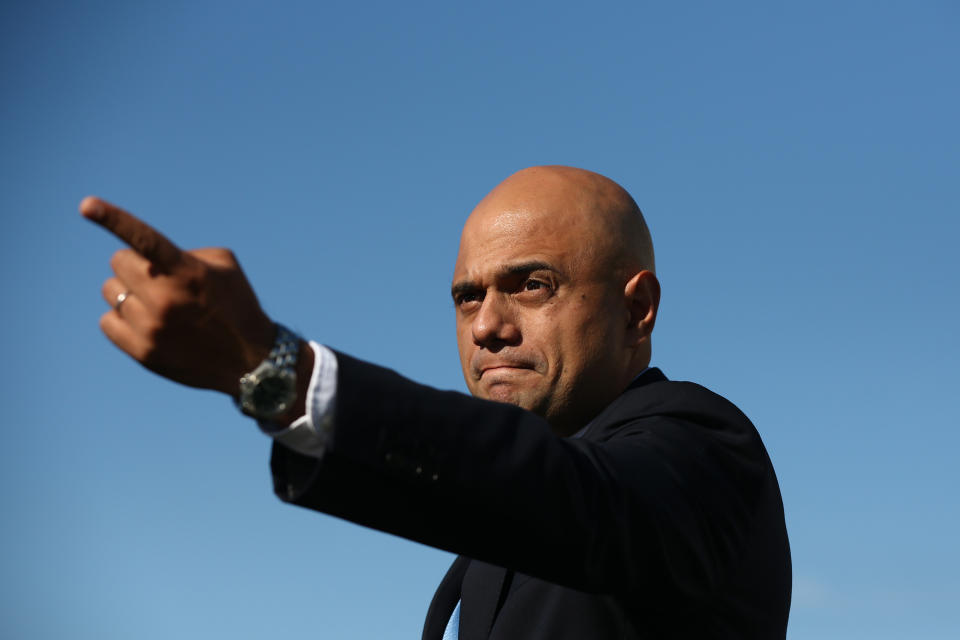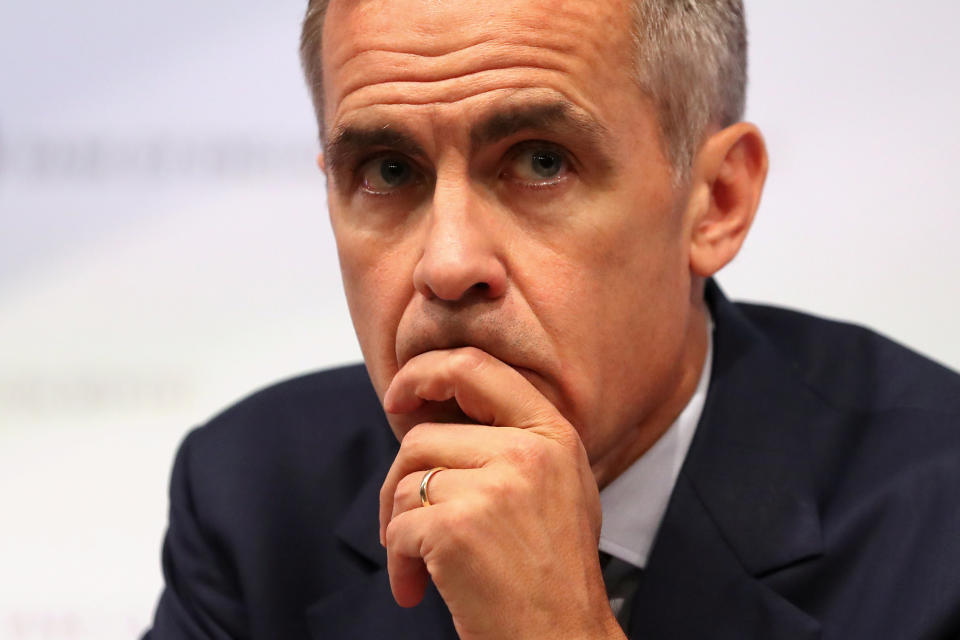UK funding £25bn road plan by using central bank economic stimulus tool

Britain’s chancellor Sajid Javid said that the UK government is taking advantage of low interest rates — a key tool central banks use to stimulate spending and the economy — in order to borrow more money to invest £25bn ($30.7bn) into road upgrades, and £5bn for ultrafast broadband in some of the UK's "hardest to reach parts."
Javid said in a TV interview with Sky News that with “record low interest rates — you can take advantage of that as a government when you can borrow at negative interest rates for 30 years and put it into economic infrastructure."
Later today, he will deliver a speech at the Conservative party's annual conference, outlining how the Tories will hone in its spending pledges for an "infrastructure revolution," that aim to improve Britain's roads and broadband coverage, among other things.
READ MORE: IMF lowers global growth forecasts amid trade, Brexit uncertainties
The Bank of England (BoE) base rate is 0.75% since August 2018. Rates were initially cut to 0.5% in March 2009 in the aftermath of the credit crisis. Interest rates are reduced to make borrowing cheaper, in other words, it is also cheaper to service debts. It is intended to keep the economy stimulated and encourage borrowing in times of dampened growth.
It took years for the rate to move up to 0.75%. However, the next BoE rate decision will be on 7 November — just a week after Brexit is scheduled to occur. Prior to the Brexit vote, it was believed that the Bank would start to move rates higher as Britain’s household debt reached a new peak earlier this year.
The worrying case of debt

The Trades Union Congress warned in January that UK households owe an average of £15,385 to credit card firms, banks, and other lenders and that this debt rose sharply in 2018. But the level of unsecured debt as a share of household income is now at the highest level it has ever been at — 30.4%.
Bank governor Mark Carney has continually warned of the tipping point when it comes to the high levels of household debt, which initially indicated that the central bank was ready to move up rates.
There are now signs that the Bank will have to cut interest rates again in the face of Brexit.
A member of the rate-setting monetary policy committee, Michael Saunders, warned that the UK economy is experiencing persistent weakness and whether or not there is a no-deal Brexit, the Bank will probably be forced to keep rates low to not dampen growth further.
“If the UK avoids a no-deal Brexit, monetary policy also could go either way and I think it is quite plausible that the next move in the bank rate would be down rather than up,” he added.
In July this year, the International Monetary Fund cut its forecast for global growth this year and next, warning that a disorderly Brexit, among other things, could weaken investment, disrupt supply chains, and further slow growth.
While fears of a recession — when there are two consecutive quarters of falling GDP — receded at the beginning of September due to a stronger-than-expected increase in activity in July, one expert and former MPC member said last week that “indicators suggest that the UK is in recession.”

 Yahoo Finance
Yahoo Finance 
